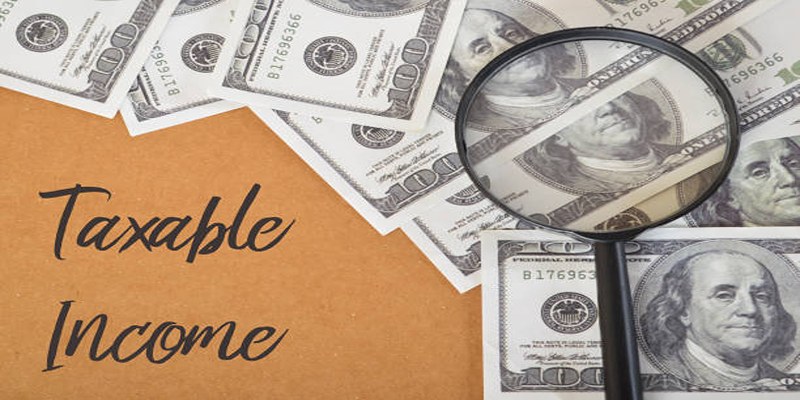There is a direct correlation between fiscal responsibility and well-being. To "live within your means," one's monthly expenditures must be less than or equal to one's monthly income. In practice, this is far more difficult than it sounds.
Thanks to credit cards, loans, savings, and even emergency cash, you might spend more than you earn. Regrettably, you can't keep up that pace for very long, and your wasteful spending will eventually catch up. Living within your means is a sure way to keep from becoming bankrupt and gain the serenity of being financially secure.
Photodisc/Getty Images/Image Source
To budget your money wisely, you must first know how much money you have. It's not enough to know your annual pay or hourly rate to live frugally. The amount of money you take home after taxes and deductions is the amount you have available to spend. Knowing your payment schedule will help you better coordinate your cash flow with your expenses. Because of the frequency with which you pay your bills, it is crucial to know how much money you may expect to receive each month. A month's salary can be calculated by multiplying a weekly or biweekly salary by four or two.
Don't throw money away by spending more than you earn.
After calculating your take-home pay, you can focus on cutting costs until they are more manageable. Make a spending plan and stick to it with the help of a budget if you don't already have one. If you've tried budgeting before and failed, give it another shot. Sometimes all it takes to make your budget work is a few tweaks here and there.
A technique known as "reverse budgeting" can help simplify the process. Begin by noting your monthly income and deducting all of your monthly outgoings. If the result is negative, you are overspending and should make cuts.
Make More Money

When living on a strict budget leaves you short of cash, it's time to consider increasing your income. Adjusting your tax withholding could mean more money in your paycheck if you regularly receive a tax refund. You should also check if you are eligible for your employer's health, disability, and other benefits. To make ends meet, you may need to find a better-paid job or possibly a second one. The point is to get out of debt and become financially independent; therefore, try to stick to a budget.
It would help if you stopped using credit cards

Both poor financial habits are spending more than you earn or relying on credit cards to make ends meet. Never count on using credit cards to make ends meet, as this will seriously compromise your budget. Credit cards are risky since your credit limit might be lowered or your account closed anytime without notice of your card issues. Don't give in to peer pressure to acquire the same consumer goods as your neighbors or the folks you see on television. Credit cards and loans can help you appear wealthy for a while, but they come with high-interest rates and must be paid back. Monthly interest charges will increase the total amount you owe.
Start a Savings Account Avoid Giving Them Credit
Credit cards are commonly used to make significant purchases that buyers don't have the cash on hand for, such as a new television. Put money down every month until you have enough to buy it directly instead of using credit. You can't afford to buy anything if you can't save up for it.
If you have an emergency savings account, you won't need to use a credit card to cover unexpected expenses. Ideally, Plan out how much of your income can be put aside each month and use an automated transfer to help you save more quickly.
Don't Lose Sight of Your Financial Goals
Getting your expenditures under control may seem impossible if you're used to going overboard. But these easy first steps will get you well on your way to meeting your goal of living within your means. From then on, you won't have to stress about making ends meet so much and can instead put money away for the future.
Consider a 50/30/20 spending plan. It divides your income in half to cover necessities, a third to cover luxuries, and the remaining 20% to your chosen causes. Initially, you may have to limit your spending to necessities alone, but as you get the hang of things, you can gradually increase your savings and allow yourself a few luxuries.
When an unexpected expense arises that isn't factored into the budget, which might throw everything off. Many people reach for their credit cards or apply for new lines of credit. If you have an emergency fund, you can afford to fix your car if it breaks down.




